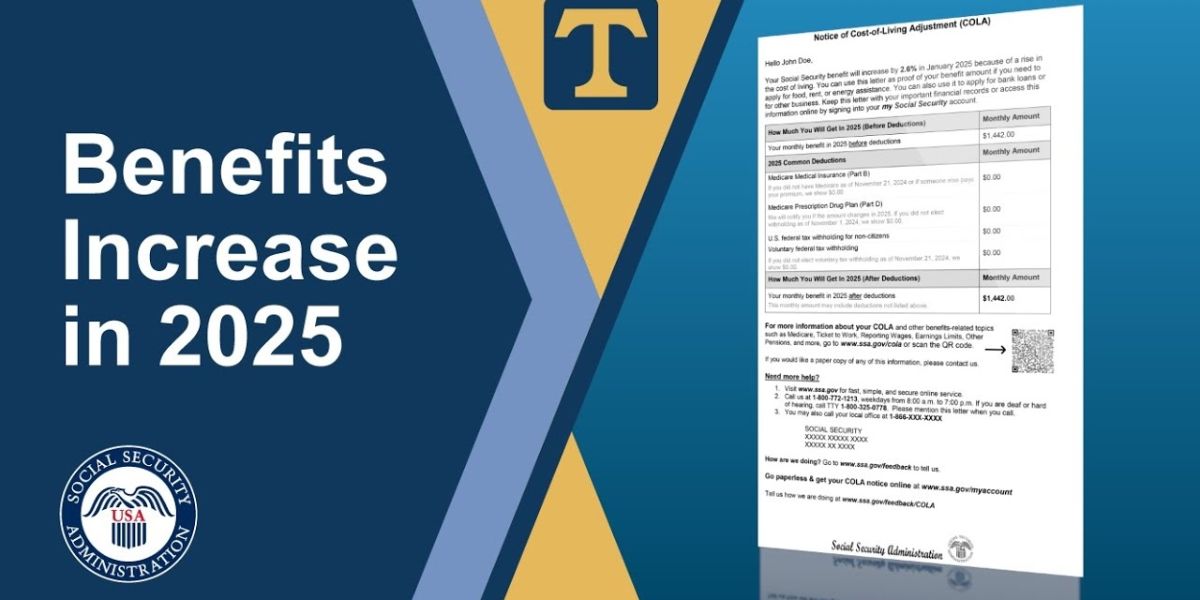The United States is not going through its best economic moment, and let’s be honest, our currency has gone from leading the global economy to being in one of the most decisive moments in our history. Everything is changing, we know that, and so are other countries economically.
It’s clear the world is moving toward a place we don’t yet know, and geopolitical tensions are making each country play its own cards. Eleven countries have announced they will stop using the dollar in 2025.
We’re going to tell you everything we know about this practically global decision and whether we are facing the end of the dollar’s global reign.
What is happening with the dollar?
As you probably know, the dollar is the U.S. currency, and until now, it has ruled the world economy, being the most influential currency on the planet since World War II, when it began to consolidate as the main international reserve currency (basically, all countries use it to support their economies). Also, we must take into account that 80% of global trade is conducted in dollars, such as the purchase of oil and other raw materials.
Now, eleven countries have decided to set the dollar aside and stop using it in their territories to strengthen their own local currencies instead of giving more power to the dollar.
Is this a definitive goodbye to the dollar?
We’re not talking about an immediate goodbye, but it is a statement of intent. The dominance of the dollar will not disappear overnight—it would take a lot for that to happen. However, experts like Joyce Chang (Chair of Global Research at JP Morgan) explain that it could take decades before we see these changes fully, but signs of weakening are already beginning to show.
What is the goal of this?
As we said, these eleven countries, which belong to the Commonwealth of Independent States (CIS), want to prioritize their own currencies, but clearly this will affect international trade. De-dollarization doesn’t just mean a change in the currency used to pay for goods or services—it also represents a shift in geoeconomic power. By no longer depending on the dollar, these countries gain some autonomy to establish trade relationships on their own terms, foster new alliances, and reduce U.S. influence on their economies.
The countries that will stop using dollars:
This information probably won’t surprise you at all, but it will be the former Soviet republics (those countries that were part of the old USSR) that will stop using the dollar in their international transactions:
- Armenia
- Azerbaijan
- Belarus
- Kazakhstan
- Kyrgyzstan
- Moldova
- Russia
- Tajikistan
- Turkmenistan
- Uzbekistan
- Ukraine
With this change, these eleven countries aim to create a stronger and more resilient economic bloc through local transactions in their own currencies.
Why now?
These countries have decided to follow Russia’s example, and despite existing tensions between Russia and Ukraine, these countries support reducing their dependence on the dollar. Additionally, there are now stable and secure alternatives, such as digital currencies.
Will there be changes for citizens?
The dollar ban in these countries is scheduled for this year, but the transition will be done gradually so that both businesses and financial institutions can adapt their systems, allowing customers to adapt too and thus build an economy sustained solely by the local currency.
Is there a date for the dollar ban?
There is no announced date yet, but it is estimated that the process will begin in the middle of this current year, 2025, and that they will follow the model already implemented in Russia.
Although the dollar continues to dominate the market, this decision is clearly a symbolic blow to global hegemony. Will this be the first domino to fall for the dollar? Only time will tell, but we must be clear that the game is changing.


 by
by 




